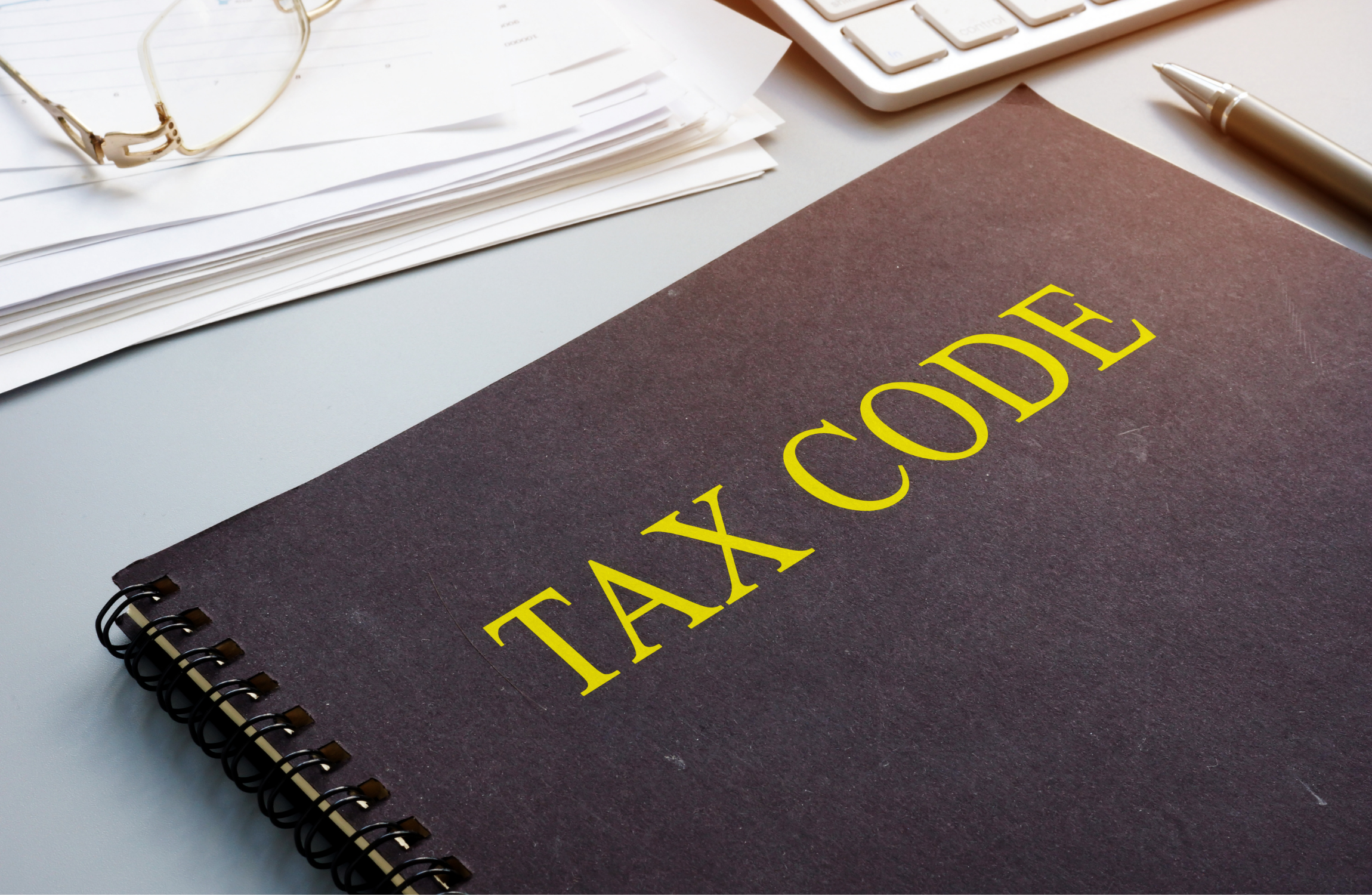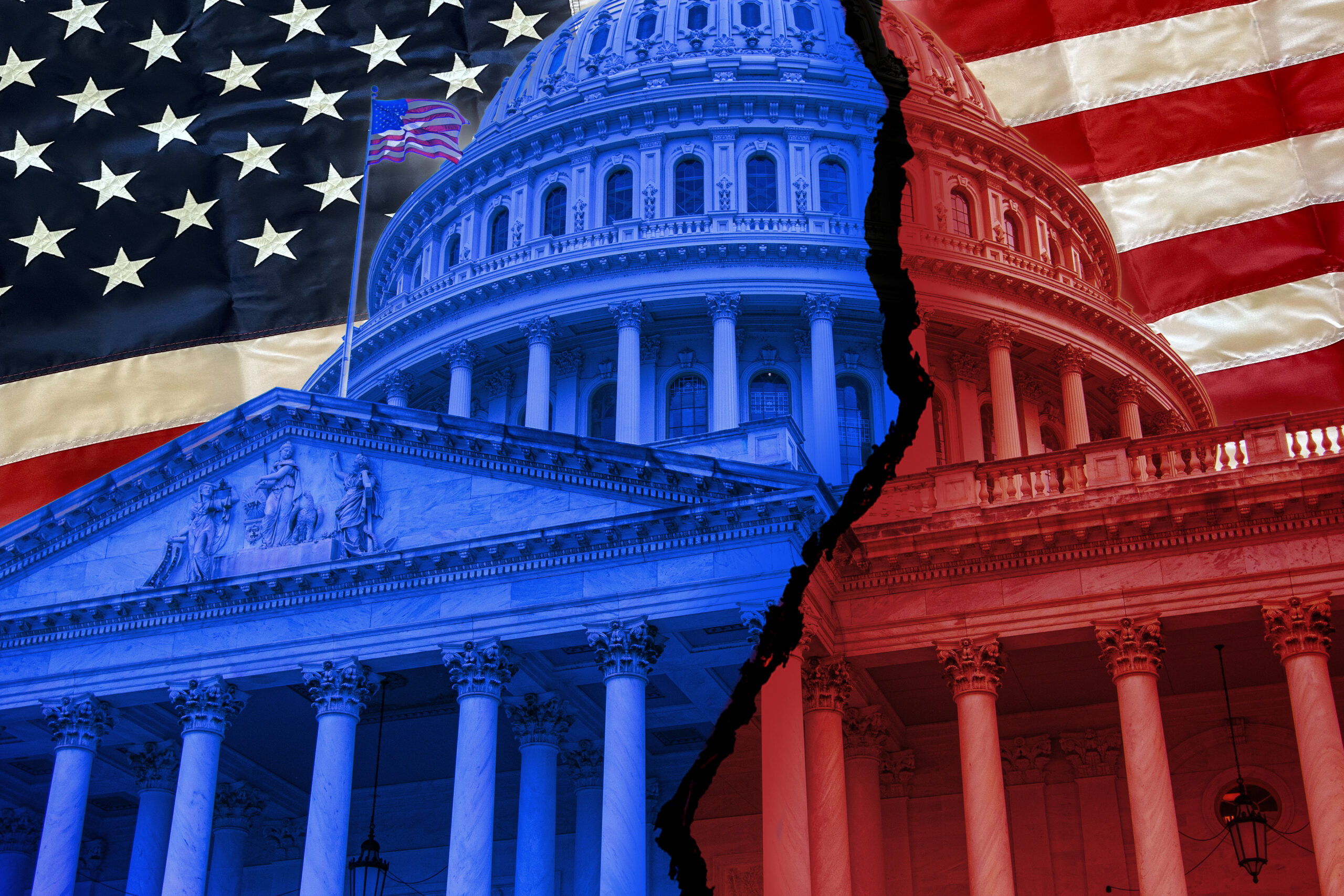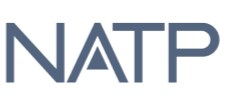💡 Key Takeaways
- The No Tax on Tips provision lets eligible service workers deduct up to $25,000 of tip income each year from their federal taxable income. However, Social Security and Medicare taxes still apply.
- Only occupations on the IRS’s approved tipped-occupation list are eligible, and self-employed individuals or employees in Specified Service Trades or Businesses (SSTBs) cannot claim the deduction.
- Only voluntary, cash-like tips from customers or tip-sharing pools qualify.
- This is a temporary deduction that ends on December 31, 2028 – unless it is extended.
If you earn a living from tips, the new No Tax on Tips provision could mean more money in your pocket. This tax deduction can lower how much you owe on your tip income, but it isn’t automatic and doesn’t apply to every situation.
In this guide, we break down the essentials into three key points: what the No Tax on Tips provision means, how to check if your job qualifies, and how to be sure the tips you receive meet IRS requirements. Understanding these basics will help you claim the deduction correctly and keep more of what you earn.
1. What the No Tax on Tips Provision Means (2025 – 2028)
The No Tax on Tips provision allows qualified service workers to exclude up to $25,000 in annual tip income from their federal taxes. However, Social Security and Medicare taxes still apply. This tax deduction is effective from January 1, 2025, to December 31, 2028.
No Tax on Tips is a key feature of the One Big Beautiful Bill Act (OBBBA), signed into law on July 4, 2025. The OBBBA is a broad tax and spending package that continues specific 2017 tax cuts and introduces new deductions. Section 70201 of the act created the No Tax on Tips provision, aimed at easing the tax burden on service workers whose income relies heavily on tips.
What Income Limits Apply to No Tax on Tips?
The No Tax on Tips benefit gradually phases out for higher earners with modified adjusted gross income over $150,000 ($300,000 for joint filers).
In practice, the No Tax on Tips provision offers a meaningful tax break for lower- and middle-income service workers by lowering the income used to calculate their federal tax bill. However, it is a temporary deduction rather than a permanent exemption. Unless Congress renews it, the No Tax on Tips provision will expire at the end of 2028, so workers and employers alike should plan ahead.
If you owe tax debt and require help with filing back taxes, speaking with a tax professional can help maximize your deductions with these new provisions.
2. Find Out if Your Job Qualifies For No Tax on Tips
On September 22, 2025, the Department of the Treasury and the IRS published proposed regulations to define occupations that are eligible for the No Tax on Tips provision. Taxpayers are encouraged to review the proposal and provide comments by October 23, 2025.
The table below summarizes eight categories of occupations that qualify for No Tax on Tips.
| Treasury Tipped Occupation Code | Occupation Category | Occupation Examples |
|---|---|---|
| 100s | Beverage and Food Service | Bartenders, wait staff, food servers, chefs, fast food workers, dishwashers, etc. |
| 200s | Entertainment and Events | Gambling dealers, dancers, musicians, digital content creators, lobby attendants, etc. |
| 300s | Hospitality and Guest Services | Bellhops, concierges, hotel desk clerks, maids, housekeeping cleaners, etc. |
| 400s | Home Services | Home maintenance workers, groundskeepers, HVAC technicians, locksmiths, roadside assistance workers, etc. |
| 500s | Personal Services | Personal care workers, private event planners, private photographers/videographers, pet caretakers, tutors, babysitters, etc. |
| 600s | Personal Appearance and Wellness | Massage therapists, hairstylists, makeup artists, fitness instructors, tattoo artists, shoe repairers, etc. |
| 700s | Recreation and Instruction | Golf caddies, sports and recreation teachers, tour guides, recreational and tour pilots, etc. |
| 800s | Transportation and Delivery | Valet attendants, taxi drivers, delivery drivers, vehicle and equipment cleaners, charter boat workers, home movers, etc. |
Can I Claim the No Tax on Tips Deduction if I Take the Standard Deduction?
The No Tax on Tips deduction is available whether you itemize deductions or take the standard deduction, making it simple to claim. However, there’s one key restriction: self-employed individuals or employees working in a Specified Service Trade or Business (SSTB) are not eligible and cannot claim the deduction.
An SSTB is a business that mainly earns income from the skill or reputation of its owners or employees. Jobs that do not qualify include:
- Doctors
- Lawyers
- Accountants
- Actuarial science
- Consultants
- Performers
- Athletes
- Financial advisors
3. Understand What Counts as “Qualified Tips”
To claim the No Tax on Tips deduction, the proposed IRS guidelines help ensure the tax break applies only to genuine, voluntary tipping and not to other types of payments. Here’s what counts as a “qualified tip” and what doesn’t.
A tip qualifies if it is:
- Paid in cash or cash-like form.
- Ex: Paper money, checks, credit or debit card charges, gift cards, or electronic or mobile app payments (but generally not cryptocurrency or other digital assets).
- Received directly from customers or through tip-sharing.
- Given voluntarily, meaning the customer must have the choice to leave (or change) the amount.
A tip does NOT qualify if it is:
- An automatic service charge.
- Ex: An 18 % fee automatically added to a restaurant bill for large parties does not count, even if it’s later distributed to staff.
- Linked to illegal activity.
- Ex: Any payment connected to illegal services, prostitution, or pornographic activity is excluded.
- Ex: Any payment connected to illegal services, prostitution, or pornographic activity is excluded.
By understanding these IRS rules, service workers can be confident they’re correctly identifying the tips that qualify for the No Tax on Tips deduction.
Get Expert Tax Help with TaxRise
The No Tax on Tips provision can give service workers meaningful tax savings – but only if it’s applied correctly and supported with proper records.
Whether you need help resolving IRS tax debt or filing back taxes, TaxRise’s tax professionals can guide you through the process. Our team specializes in helping taxpayers stay compliant and navigate the best tax resolution options. Schedule a free consultation with TaxRise today to make sure you stay on the right side of the IRS.
Frequently Asked Questions
If your occupation falls under one of the eight categories proposed by the Treasury and IRS, then you can claim the No Tax on Tips deduction. Those who own or work in a Specified Service Trade or Business (SSTB) are not eligible.
No, social security and medicare taxes remain unchanged. Only the federal income tax portion is eliminated.
No Tax on Tips is currently in effect and will remain until December 31, 2028, unless Congress extends it.
No. You claim the No Tax on Tips deduction on your regular federal tax return – no special form is required. If you discover you qualify after filing, you can amend your return with Form 1040-X to add the deduction.









0 Comments